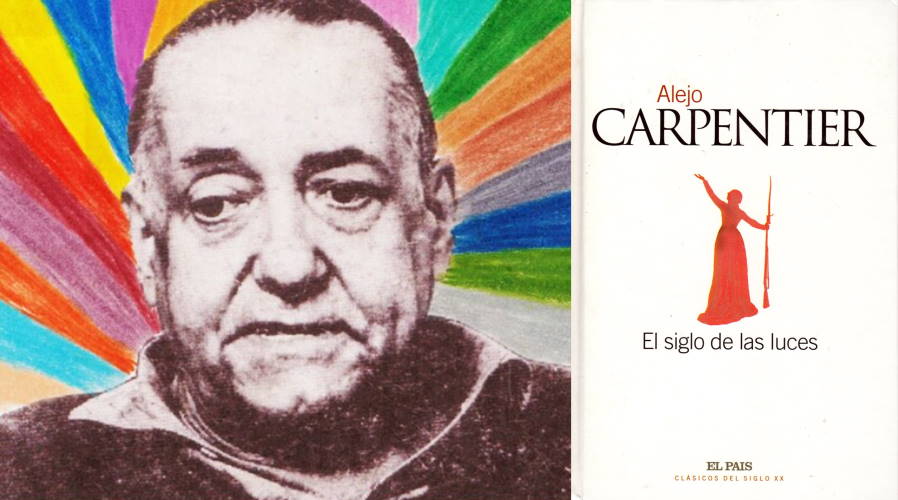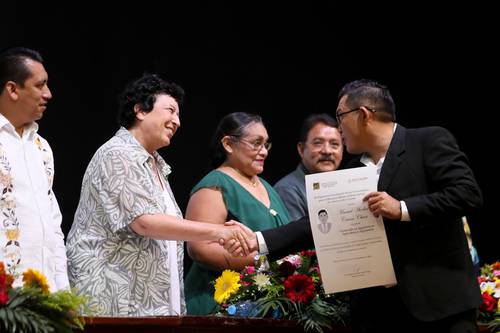Havana Cuba. — In this 2022 it will be 60 years since the publication of Age of Enlightenmentconsidered the best novel by Alejo Carpentierone of the most important and influential authors of the last century in Cuba and Latin America.
The novel tells the dramatic story of the relationship between the Marseillais Victor Hughes, who brings the ideas of the French Revolution to the Antilles, and three young Havanans who let themselves be carried away by him: the brothers Carlos and Sofía and their cousin Esteban.
Age of Enlightenment It saw the light for the first time in Mexico by the Espasa Calpe publishing house. Its publication in Cuba was delayed. Fortunately, the regime’s cultural commissars did not consider it ideologically harmful or counterrevolutionary. On the contrary, it was praised even by Fidel Castro.
The Maximum Leader at that time was very busy with the deployment in Cuba of 45 nuclear warheads and Soviet R-12 rockets that would lead to the so-called missile crisiswhich in October 1962 brought the world to the brink of an atomic holocaust.
Only that can explain why neither Fidel Castro nor his always suspicious commissars have detected “ideological problems” in a novel that was critical and pessimistic about the future of revolutions by reflecting the conversion of a revolutionary, Víctor Hughes, into a cynical tyrant, thirsty for blood and power.
Age of Enlightenment it was finished writing by Alejo Carpentier in 1958, when he lived in Venezuela. But he returned to Cuba in 1959, a few months after the triumph of the Castro insurrection. So, he proposed to make changes to the novel to make it more in tune and in accordance with the Cuban Revolution. But those changes were not significant.
In this regard, Roberto González Echevarría, a leading scholar of Cuban and Latin American literature, explains in Alejo Carpentier: the pilgrim in his homeland (Editorial Gredos, Madrid, 2004): “Carpentier later insisted, somewhat retracting his previous statement, that the changes he made in Age of Enlightenment were not substantial, that he had simply rewritten the episode of the breakup between Victor and Sofia many times, in an effort to avoid melodrama. And he warns: “In works as intricately woven and organically connected as Carpentier’s, making major changes would be difficult after a certain point.”
In announcing these changes, it is most likely that Carpentier, who had been appointed director of the National Press of Cuba, wanted to ingratiate himself with the regime and dispel any doubts that might arise after reading the book about his unconditional support. He even went so far as to propose that a reading be made from a Marxist point of view of Age of Enlightenment.
By 1964, Carpentier said he was working on what he described as “an epic trilogy of the Cuban Revolution.” But he only did three chapters that were disappointing due to the renunciation of artistic experimentation by the author of works such as The kingdom of this world, the lost steps Y Age of Enlightenment. And to certain bosses, like Carlos Rafael Rodríguez, the projected trilogy, rather than excite them, alarmed them.
In 1967, when he was appointed cultural attaché at the Cuban Embassy in Paris, France, Carpentier had the second wind he needed as a creator.
Born in Switzerland in 1904, the son of a French man and a Russian woman, and having lived in France for twelve years, Carpentier always felt more comfortable in Europe than in Cuba, where he never considered himself well received enough.
In his last years in Paris, Carpentier wrote Spring consecration, baroque concert Y The harp and the shadow. He died on April 24, 1980. A few weeks earlier he had donated the Cervantes Prize money to Fidel Castro.
OPINION ARTICLE
The opinions expressed in this article are the sole responsibility of the issuer and do not necessarily represent the opinion of CubaNet.
Receive information from CubaNet on your cell phone through WhatsApp. Send us a message with the word “CUBA” on the phone +525545038831, You can also subscribe to our electronic newsletter by giving click here.
















